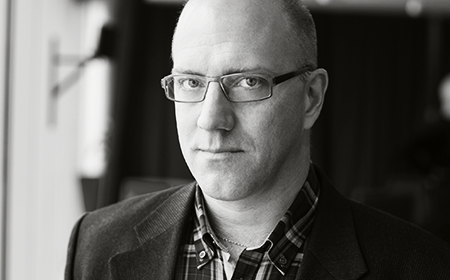2% will not shift the balance

In recent decades, the balance between direct and external funding has shifted from being close to 60/40 to the reverse. The large-scale, much-needed investments made in research bills have gone to the national research councils rather than to the universities as a direct consequence of the concept of excellence – that the funding should go to strong research environments of the highest class.
Even before the last research bill there were many who pointed out that this imbalance might, after all, not be appropriate. In 2012 the government research bill, Research and Innovation (Prop. 2012/13: 30) noted that the largest universities all had external funding, which amounted to nearly 60 percent of total research funds and that at least four universities had more than 60 percent of research funds from external grants. The Government stated that this situation made it difficult for long-term planning for universities and for individual researchers. It therefore allocated SEK 600 million that would go directly to universities. This distribution would be carried out so that all universities except Södertörn would be guaranteed basic resources corresponding to SEK 8 000 per full-time student. SEK 600 million is a lot of money, but of the entire 2012 total government funding for research – 30.3 billion – it represented less than 2%.
There are several good reasons for increasing direct funding far more than in the 2012 Research Bill. It is established that universities need more fixed allocations of research funding in order to, in no particular order:
- ensure that all education is conducted in close connection with research. It is not enough that research is conducted on the same campus, research must actually be carried out within the subject areas in which education is conducted so that this research can reach out into the community through the students and be fully utilised.
- ensure that Sweden carries out research across the board. Sweden is a small country, and 99% of the world’s research is conducted elsewhere. We do not need to achieve excellence in all sectors but we need enough good research in all disciplines to understand and embrace breakthroughs that occur in other countries.
- help provide more research funding. Grant application procedures eat up a lot of resources: Swedish professors use 20% of their research time applying for funding, so funds intended for research are used to apply for funding. Add to that both the visible and invisible costs for the time researchers use for assessment of others’ applications.
- allow research whose results are not clear in advance. Applications are only granted for sure things. Fleming’s discovery of penicillin was not peer reviewed in advance.
- make it easier for universities to enter into research partnerships with companies as such projects often require counterfunding.
It is vital for Sweden to convert more than 2% of any research budget to permanent research resources in the next research bill.
Håkan Lindkvist, First Deputy Chair of SULF
Leader in Universitetsläraren nr 4 2015